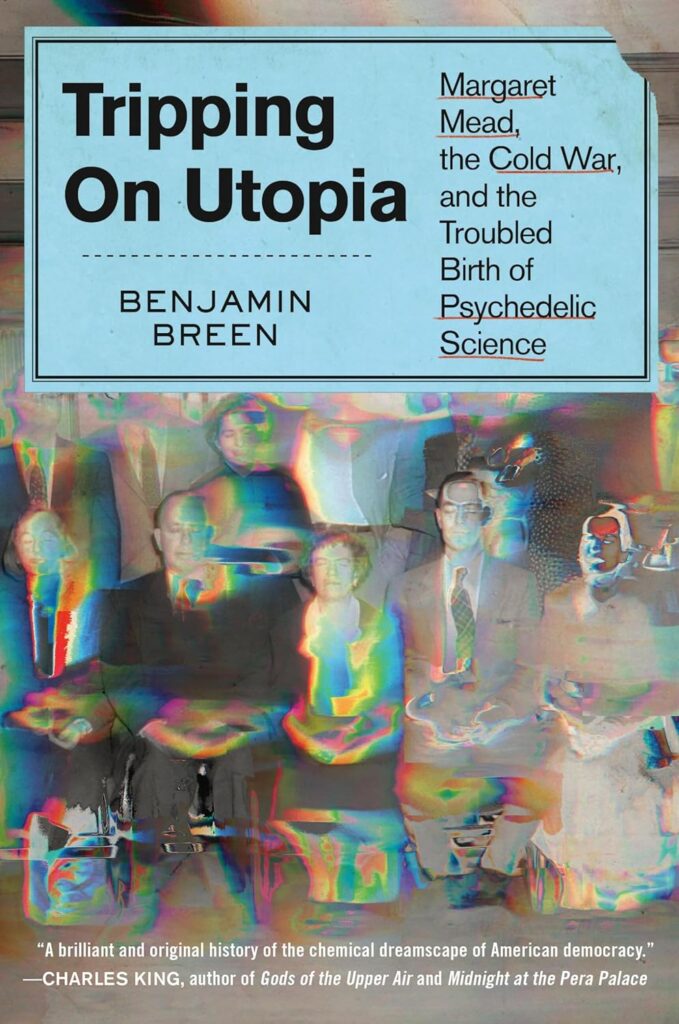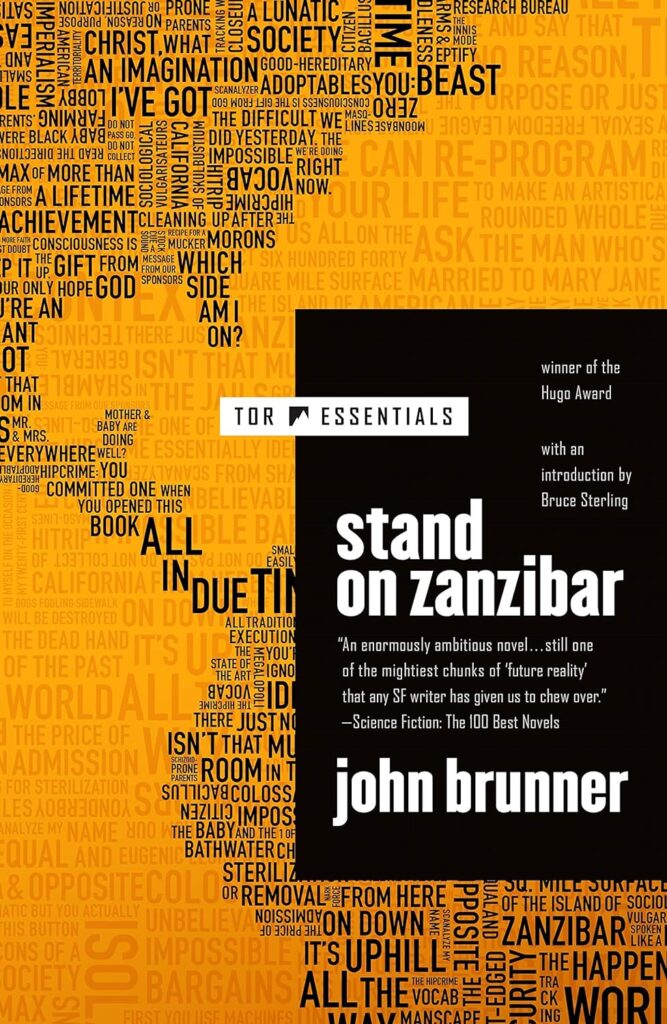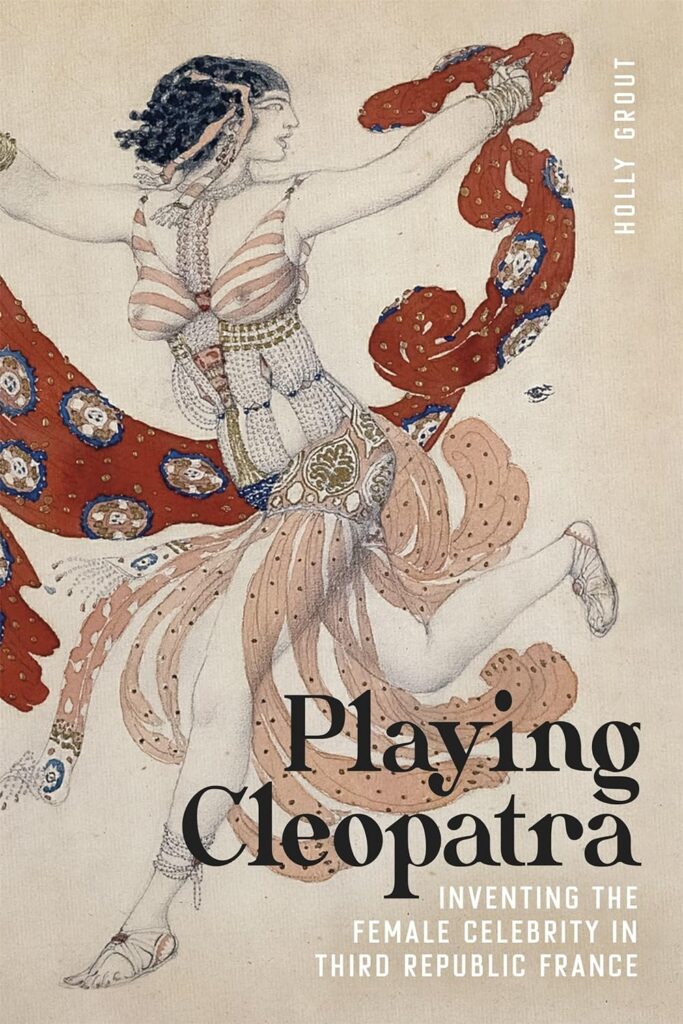
I just finished reading Benjamin Breen’s Tripping on Utopia for my book club. This was one of those nice instances where I got to read some history for pleasure. The book was pretty much perfect for this kind of exercise. Breen is an excellent narrator and he makes the story truly compelling even as it goes into a great deal of detail and includes a dizzying array of people who were involved in psychedelic research around Margaret Mead’s circle. The book argues that Margaret Mead and many of those around here — notably her one-time husband Gregory Bateson — saw psychedelics as one path toward a new world order based on expanding human consciousness so to bring the world closer together. They meant this both as an ideology — respect and appreciation for cultural difference was at the center of their belief system — and as practice — they once argued for a world government in order to do away with nationalism (72-79). Mead rested these hopes, Breen argues, on a faith in science.
Continue reading “The Science of Utopia?”

